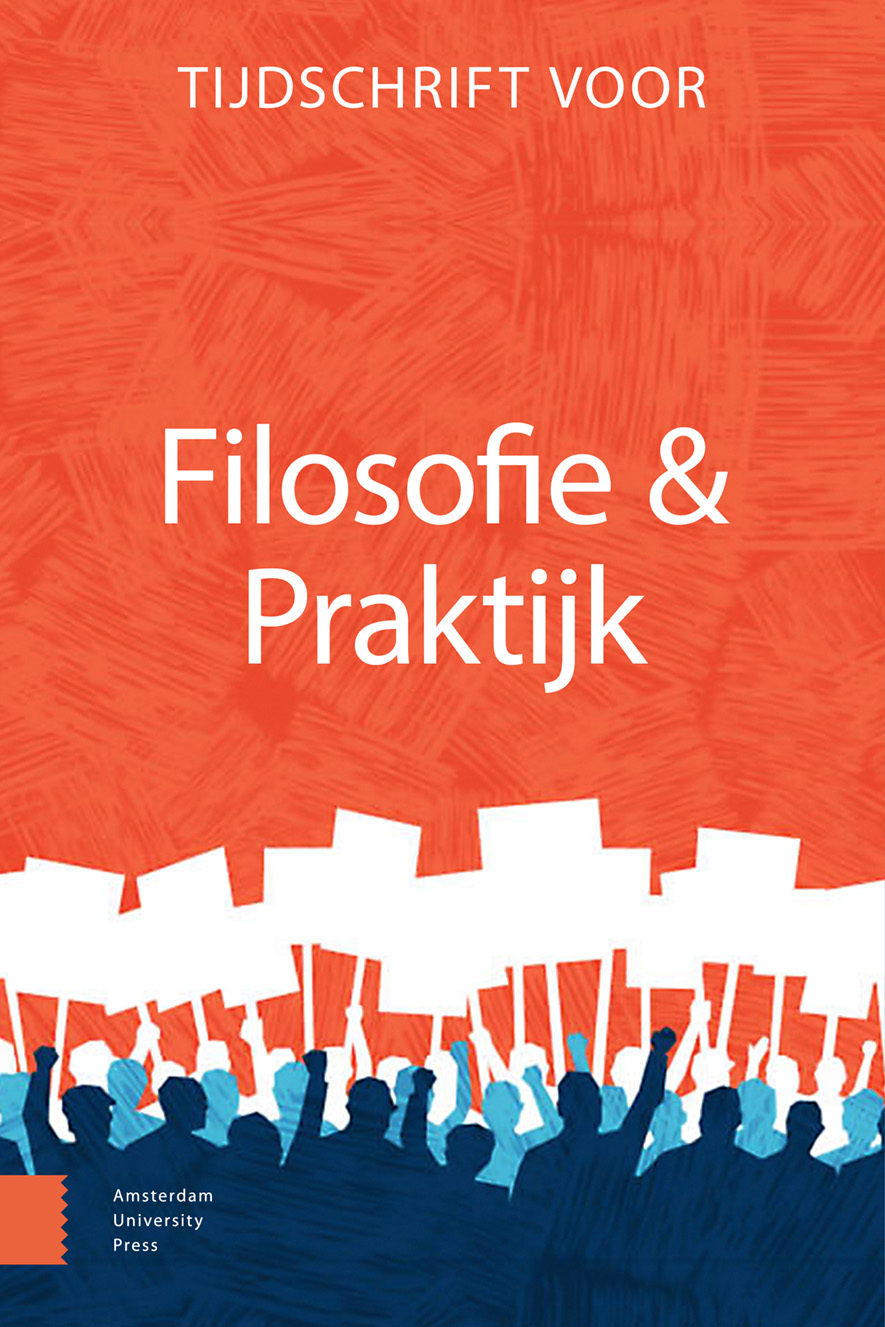-
oa “This is what democracy looks like!” Burgerlijke ongehoorzaamheid als democratisch experiment
- Amsterdam University Press
- Source: Filosofie & Praktijk, Volume 44, Issue 3/4, Dec 2023, p. 340 - 355
-
- 01 Dec 2023
Abstract
Civil disobedience is increasingly promoted and employed as an activist strategy, on various sides of the political spectrum. However, a significant part of the Dutch population and public authorities seem to consider it democratically illegitimate form of activism. On what basis can civil disobedience be deemed legitimate? In order to answer this question one first needs to distinguish between civil disobedience and other forms of political activism. I then continue to discuss liberal theories of civil disobedience, and the requirements and criteria that are generally applied here. Seen from a liberal perspective, one may break a specific law in order to contest its consistency or legitimacy, but only on the condition that one be loyal to the liberal-democratic order as a whole. In recent years, this dominant conception has increasingly been subject to critique. I propose an alternative approach to civil disobedience, that perceives it as a democratic experiment, and I argue on what basis this may be seen as a potentially democratic and legitimate disruption of the existing order.


